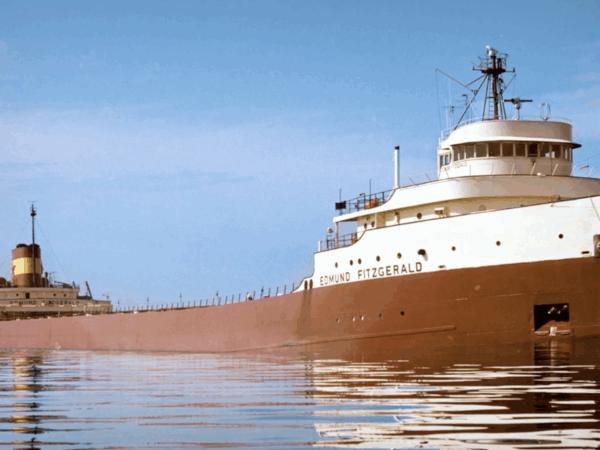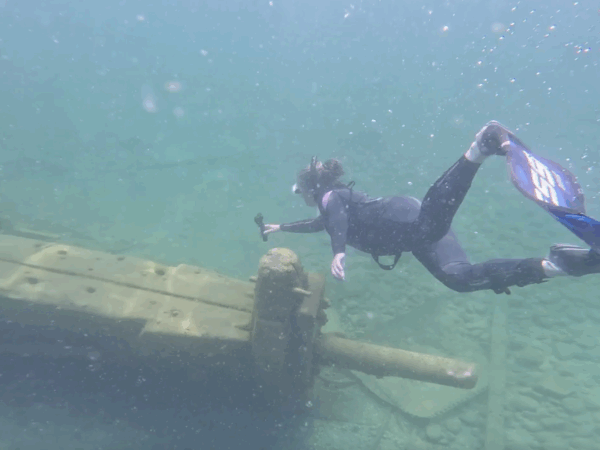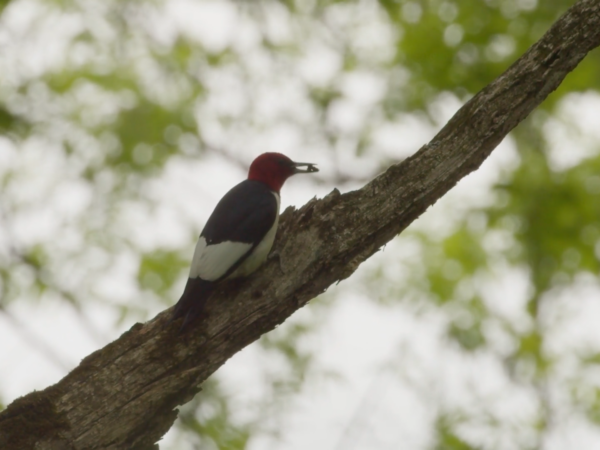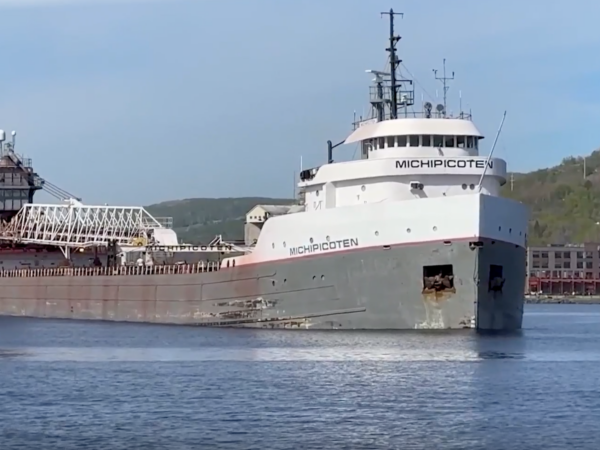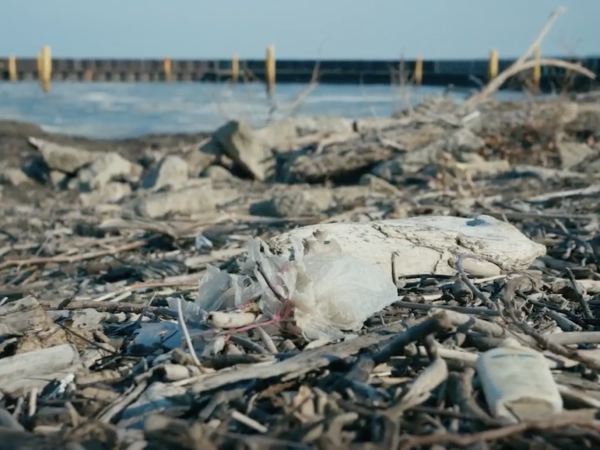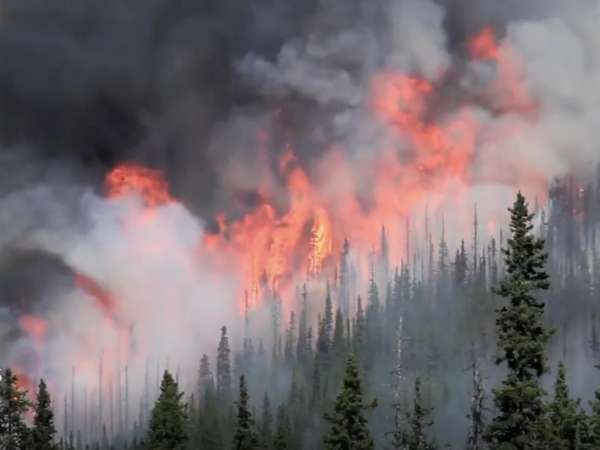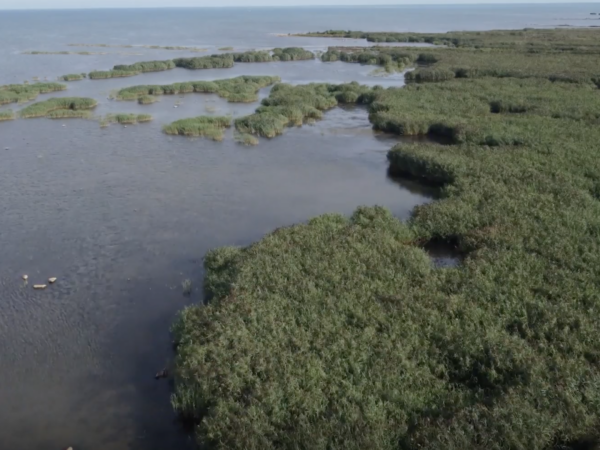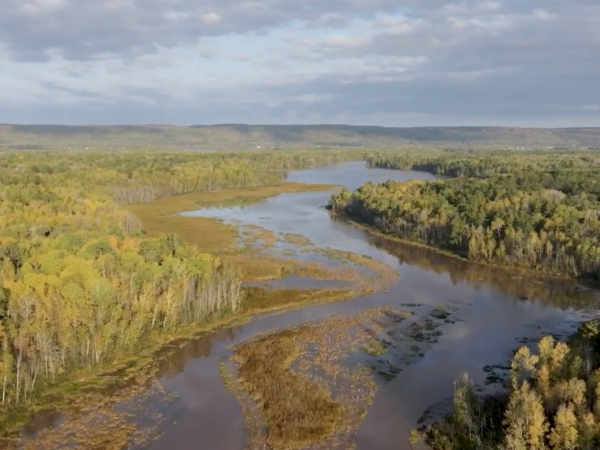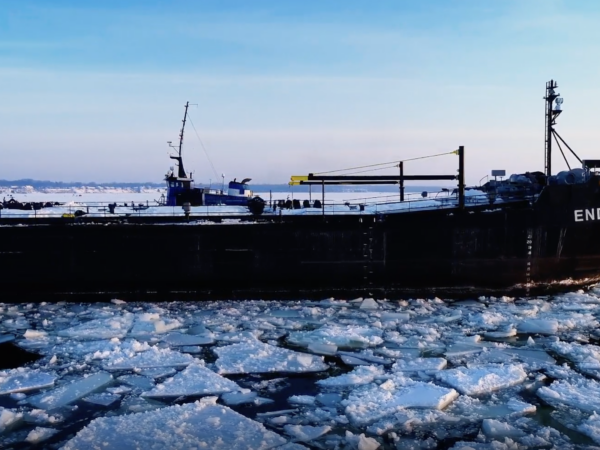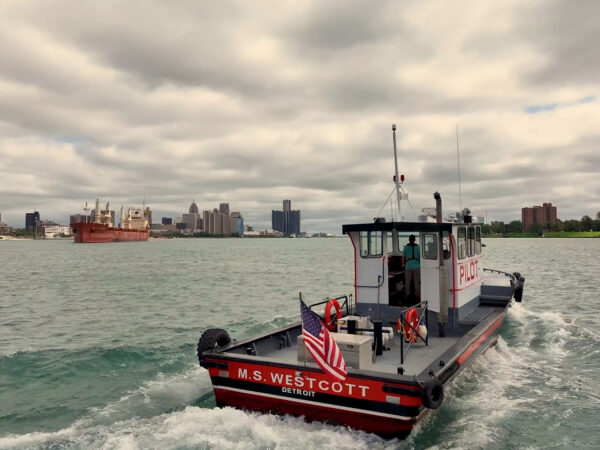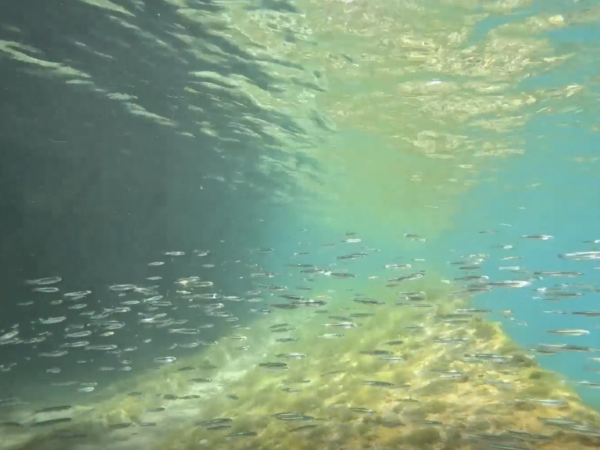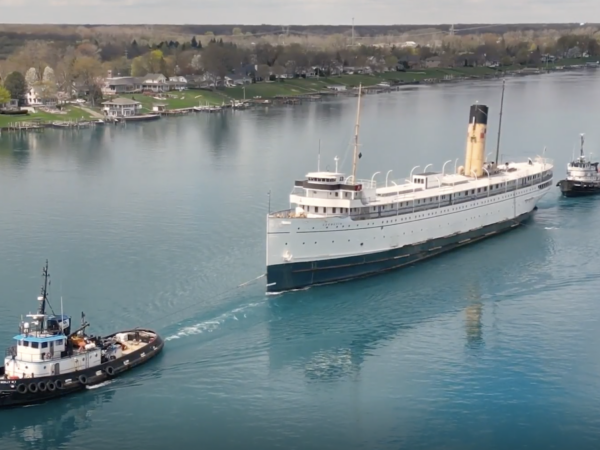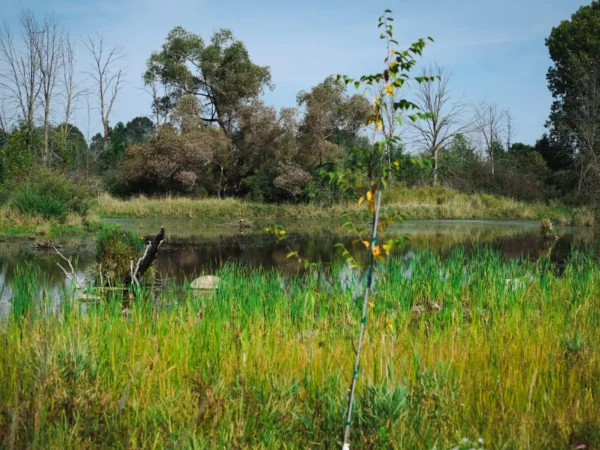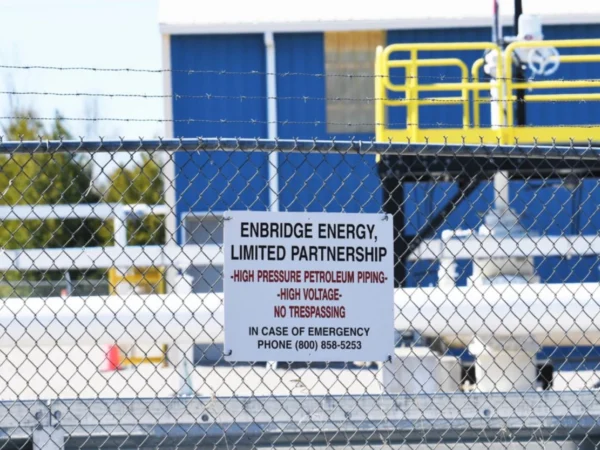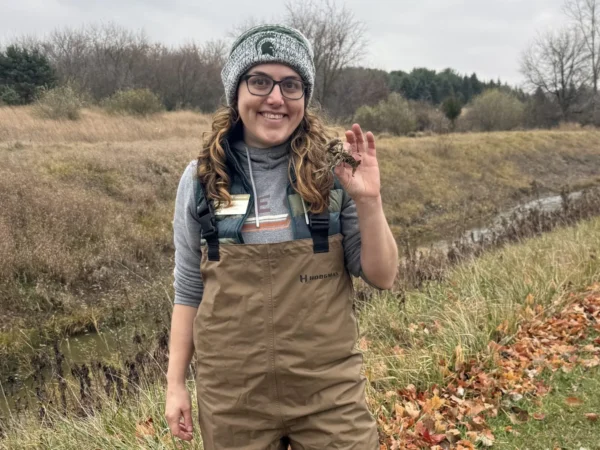IN THIS EPISODE:
In this episode of Great Lakes Now, “Too Many Geese and Not Enough Mussels,” a look at efforts to manage the overpopulation of Canada geese, a project aimed at recovering freshwater mussels, and an Ojibwe artist tells the story of the fur trade.
When to Watch?
Check your local station for when Great Lakes Now is on in your area.
Geese are a problem. What can we do?
SEGMENT 1 | KINGSVILLE, ONTARIO
If you’ve been outside, you’ve probably run into branta canadesis — the Canada Goose. From urban parks to rural fields, these birds seem to be everywhere. And their presence isn’t always welcome. Goose poop can contain e. coli bacteria, and the birds themselves can carry — and spread — avian flu. Plus, they can be downright aggressive.
How did Canada Geese become so widespread? And what can we do to manage their population?
Saving mussels one dive at a time
SEGMENT 2 | GRAND RAPIDS, MICHIGAN
Biological collection specialists are divers who travel around the country relocating freshwater mussels and other vulnerable aquatic species before river restoration projects begin.
In September of 2024, a team of 20 divers scoured 40,000 square meters of the Grand River in downtown Grand Rapids, Michigan. In just two weeks, the team found, identified, marked, tagged, and relocated every native freshwater mussel within their search area.
The divers spent 8 hours a day systematically searching the bottom. Skin rashes from hours of daily immersion in wetsuits, chronic ear infections, and potentially dangerous wound infections are just a few of the job hazards.
Great Lakes Now spent a day underwater with the divers. Watch the segment to see first-hand what it’s like to be a biological collection specialist and learn why their work is so important.
A different perspective on the fur trade
SEGMENT 3 | MINNESOTA
Featured Articles





